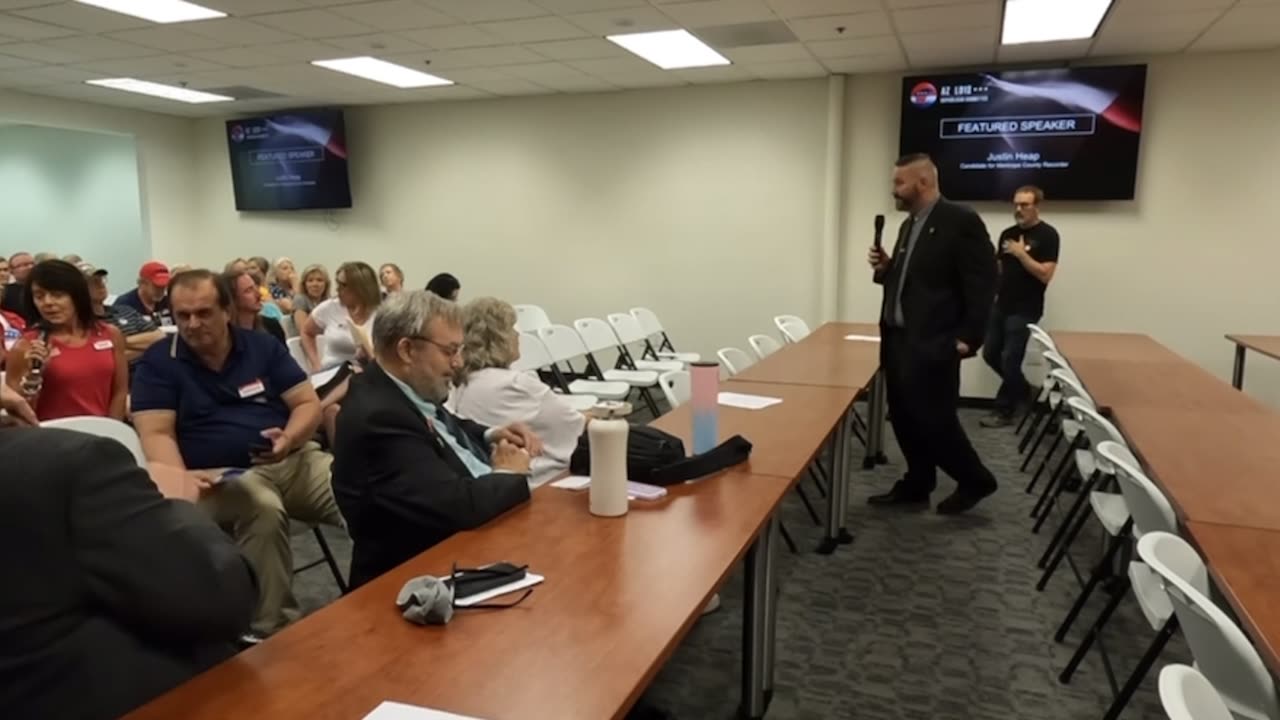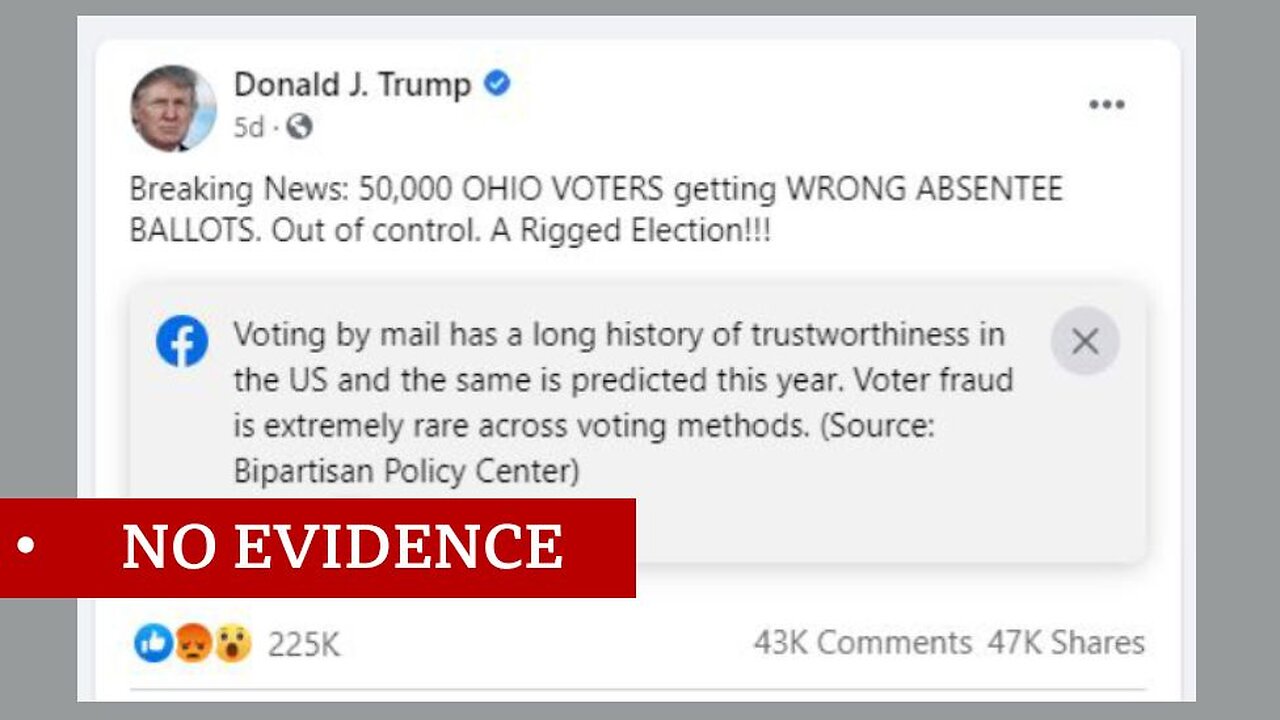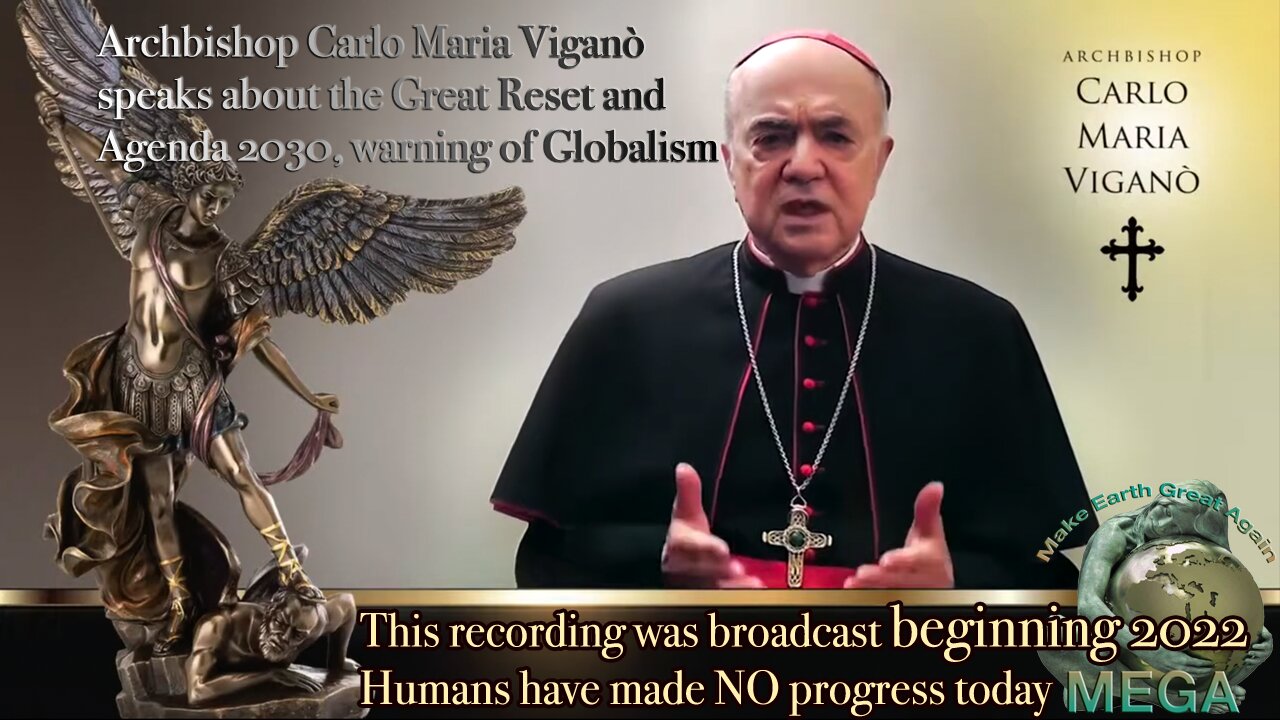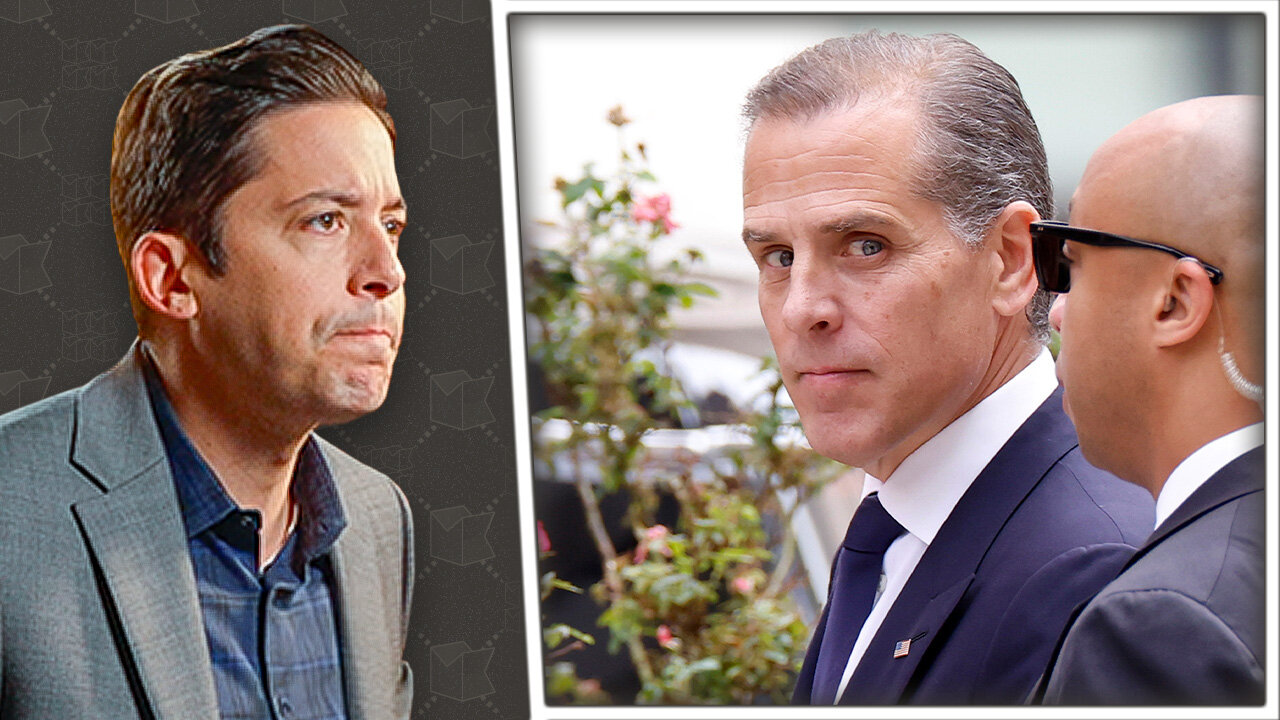Trump Trial in DECEMBER? Michigan 2020 Voter Fraud Coverup; BIDEN Getting a SUBPOENA
Fiscal Influences on Inflation in OECD Countries, 2020-2022 | Hoover Institution
January 17, 2024 Hoover Institution | Stanford University Robert Barro, Paul M. Warburg Professor of Economics at Harvard University, and Francesco Bianchi, Louis J. Maccini Professor of Economics at Johns Hopkins University, discussed “Fiscal Influences on Inflation in OECD Countries, 2020-2022.” PARTICIPANTS Robert Barro, Francesco Bianchi, John Taylor, Annelise Anderson, Steven Blitz, Michael Bordo, Michael Boskin, Jeremy Bulow, Nicolas Caramp, Daniele Caratelli, Pedro Carvalho, John Cochrane, John Cogan, Abeer Dahiya, Sami Diaf, Doug Diamond, Christopher Erceg, Andy Filardo, Jared Franz, Bob Hall, Erick Hanushek, Joseph Haubrich, Thomas Helbling, Gregory Hess, Robert Hetzel, Laurie Hodrick, Robert Hodrick, Matthew Kahn, Greg Kaldor, Patrick Kehoe, Kevin Kliesen, Evan Koenig, Don Kosh, Jeff Lacker, David Laidler, Mickey Levy, John Lipsky, Dennis Lockhart, Dante Mangiaracina, Klaus Masuch, Axel Merk, Roger Mertz, Alexander Mihailov, Ilian Mihov, Casey Mulligan, Emi Nakamura, Fernanda Nechio, David Neumark, David Papell, Elena Pastorino, Paul Peterson, Charles Plosser, Ned Prescott, Alvin Rabushka, Valerie Ramey, Flavio Rovida, Paola Sapienza, Lawrence Schembri, Apostolos Serletis, Pierre Siklos, Chris Sims, Richard Sousa, Jack Tatom, Yevgeniy Teryoshin, Jose Ursua, Carl Walsh, Kevin Warsh, Robert Willis, Luigi Zingales ISSUES DISCUSSED Robert Barro, Paul M. Warburg Professor of Economics at Harvard University, and Francesco Bianchi, Louis J. Maccini Professor of Economics at Johns Hopkins University, discussed “Fiscal Influences on Inflation in OECD Countries, 2020-2022.” John Taylor, the Mary and Robert Raymond Professor of Economics at Stanford University and the George P. Shultz Senior Fellow in Economics at the Hoover Institution, was the moderator. PAPER SUMMARY The fiscal theory of the price level (FTPL) has been active for 30 years, and the interest in this theory grew with the recent global surges in inflation and government spending. This study applies the FTPL to 37 OECD countries for 2020-2022. The theory’s centerpiece is the government’s intertemporal budget constraint, which relates a country’s inflation rate in 2020-2022 (relative to a baseline rate) to a composite government-spending variable. This variable equals the cumulative increase in the ratio of government expenditure to GDP from 2020 to 2022, divided by the ratio of public debt to GDP in 2019 and the duration of the debt in 2019. This specification has substantial explanatory power for recent inflation rates across 20 non-Euro-zone countries and an aggregate of 17 Euro-zone countries. The estimated coefficients of the composite spending variable are significantly positive, implying that 40-50% of effective government financing came from the inverse effect of unexpected inflation on the real value of public debt, whereas 50-60% reflected conventional public finance (increases in current or future taxes or cuts in future spending). Within the Euro area, inflation reacts mostly to the area-wide government-spending variable, not to individual values. To read the paper, click the following link https://www.hoover.org/sites/default/files/2024-01/Fiscal%20Theory%20102023.pdf To read the slides, click the following link https://www.hoover.org/sites/default/files/2024-01/Fiscal%20Influences%20on%20Inflation%20in%20OECD%20Countries.pdf



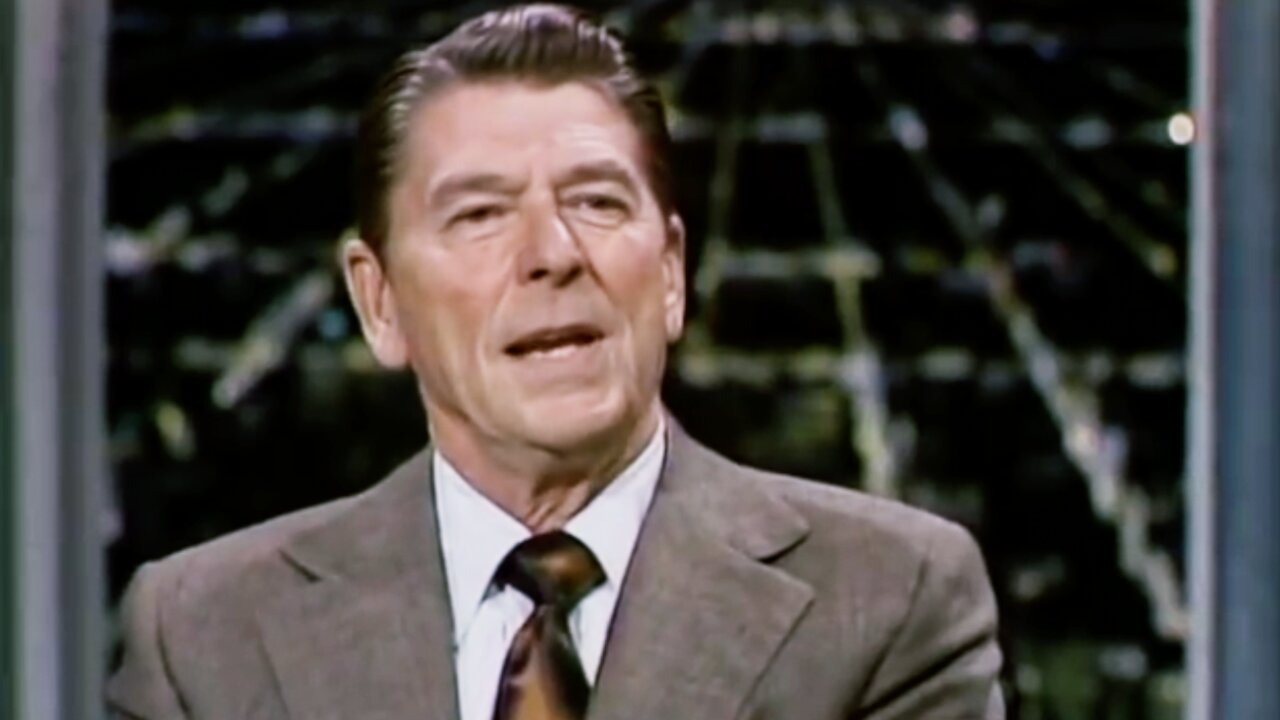












![Dirt to riches: No Mans Land start from scratch mode (Timelapse) | Farming simulator 2022 [E1]](https://hugh.cdn.rumble.cloud/s/s8/1/v/l/k/-/vlk-i.qR4e-small-Dirt-to-riches-No-Mans-Land.jpg)






![51 Intel Officials Colluded w/ Biden to Rig 2020 Election [Pete Santilli Show #4120-8AM]](https://hugh.cdn.rumble.cloud/s/s8/1/F/k/2/z/Fk2zs.qR4e-small-51-Intel-Officials-Colluded.jpg)

